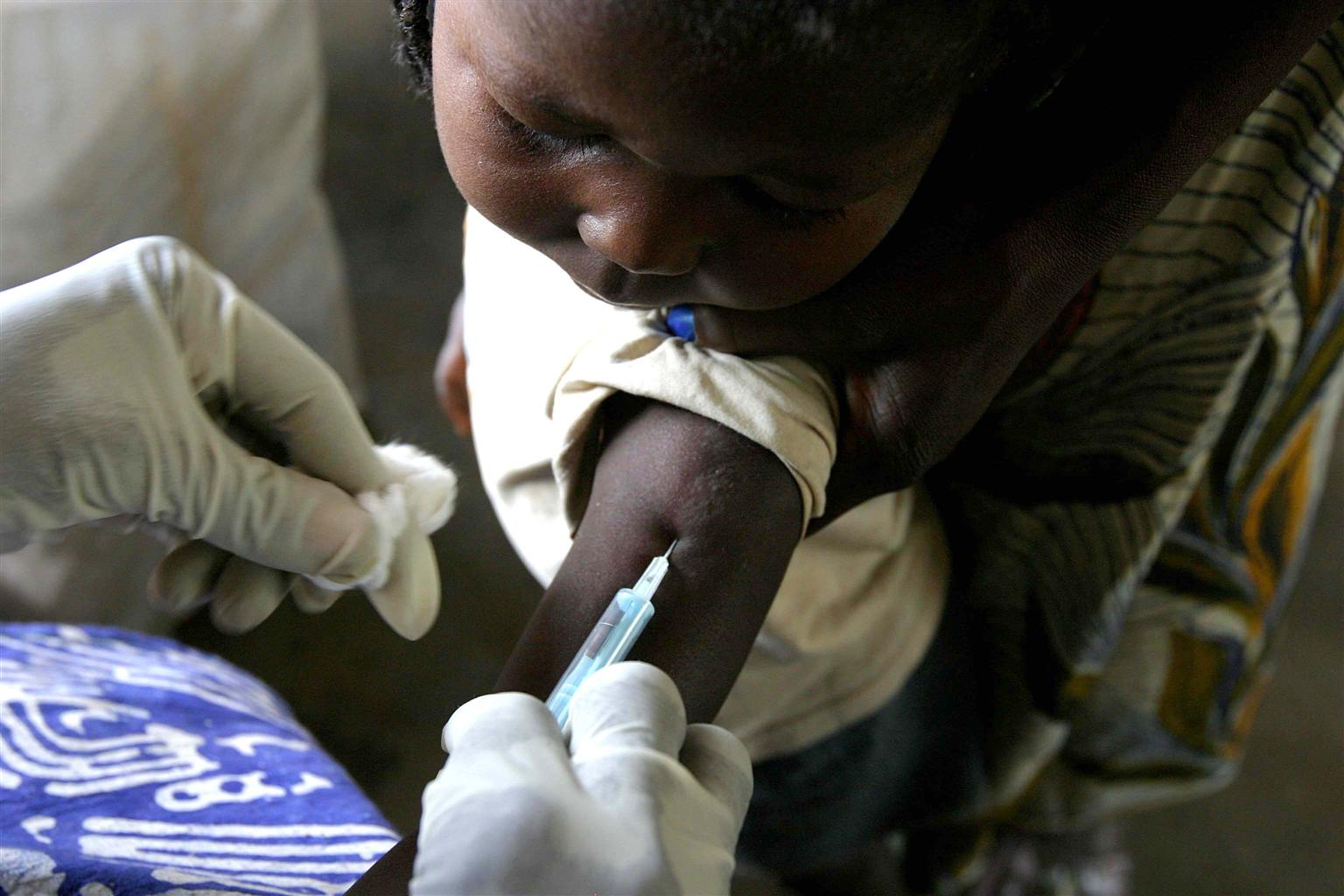
Family Planning: NGO Advocates Inclusion Of Community Pharmacists
A call has been made for the inclusion of Community Pharmacists (CPs) and Patent and Proprietary Medicines Vendors (PPMVs) in the provision of family planning services in Nigeria.
The Pharmaceutical Society of Nigeria-Partnership for Advocacy in Child and Family Health at Scale (PSN-PACFaH@Scale) Project made the call in a statement in Abuja on Saturday.
The NGO was marking Nigeria’s 5th Annual Population conference with the theme: “Investment, Innovation and Inclusiveness”.
The statement signed by Dr Edwin Akpotor, Programme Manager of the organisation, identified CPs and PPMVs as critical providers of family planning and other primary healthcare services in the country. Akpotor stressed the need to train CPs and PPMVs and expand their scope of family planning services in order to reduce the rising cases of unwanted pregnancies, abortions and maternal and child mortality rate.
“We urge government at all levels and other relevant stakeholders to deepen involvement of CPs and PPMVs in the provision of expanded family planning and child spacing information and services.
“Family planning is universally acknowledged as one of the key pillars of safe motherhood.
“It is the most cost effective way of achieving reduction in maternal mortality, improved maternal health and harnessing demographic dividend.
“By allowing CPs and PPMVs to provide expanded services as the first point of call for Nigerians seeking health solutions, we can save more lives of adolescents, curb unplanned and unwanted pregnancies,’’ he stated.
He recalled Federal Government’s commitment at the Family Planning (FP) 2020 London Summit in July 2017 to achieve 27 per cent modern Contraceptive Prevalence Rate (mCPR) by the year 2020.
To achieve this goal, he stressed, government should include CPs and PPMVs in the provision of family planning services at the community level.
“By building the capacities, supporting and supervising the practices of CPs and PPMVs; and thereafter expanding their scope of work, Nigeria will move towards universal access to health and family planning.
“According to the 2013 National Demographic and Health Survey (NDHS) more than 60 per cent of Nigerians patronise CPs and PPMVs for their child spacing and other primary health care services,’’ Akpotor said.
He said that such access helps in strengthening communities; as well as lay the groundwork for a more prosperous, just and equitable future.



